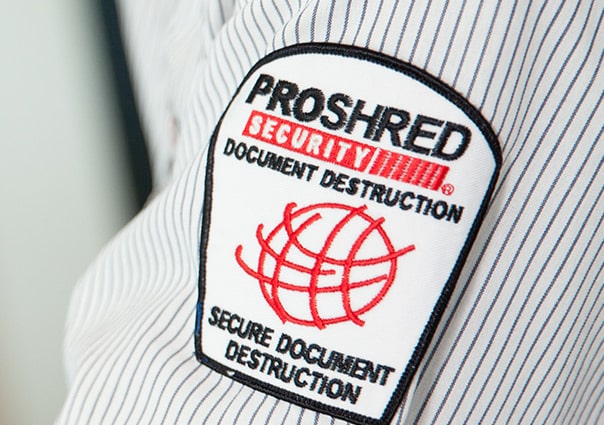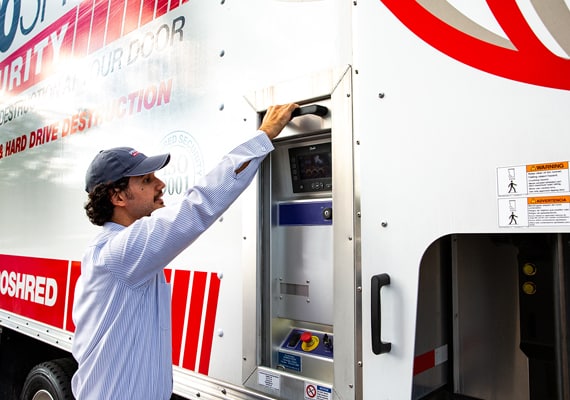Minnesota Privacy Laws
According to the FTC, every year thousands of people in Minnesota are victims of Identity Theft. Those numbers are staggering and unfortunately, this is one of the fastest growing crimes in Minnesota with no end in sight. Most of the time, identity theft is entirely preventable and can easily be avoided by proper destruction of paper documents, files or hard drives.
Minnesota lawmakers are making urgent efforts to protect its' citizens and since the mid 1970’s, lawmakers have implemented several Acts and laws to eliminate this growing security threat. The goal of these Acts and Laws is to ensure every government office, business, law enforcement agency and healthcare facility keeps the private information of those who utilize their services, secure. Anyone who is found to be in breach of these laws will be subjected to huge fines and massive penalties.
In short, it is your obligation to protect your customers and employees private information and yourself!
This resource page will explain many different privacy acts, both state and federal, that must be complied with.



